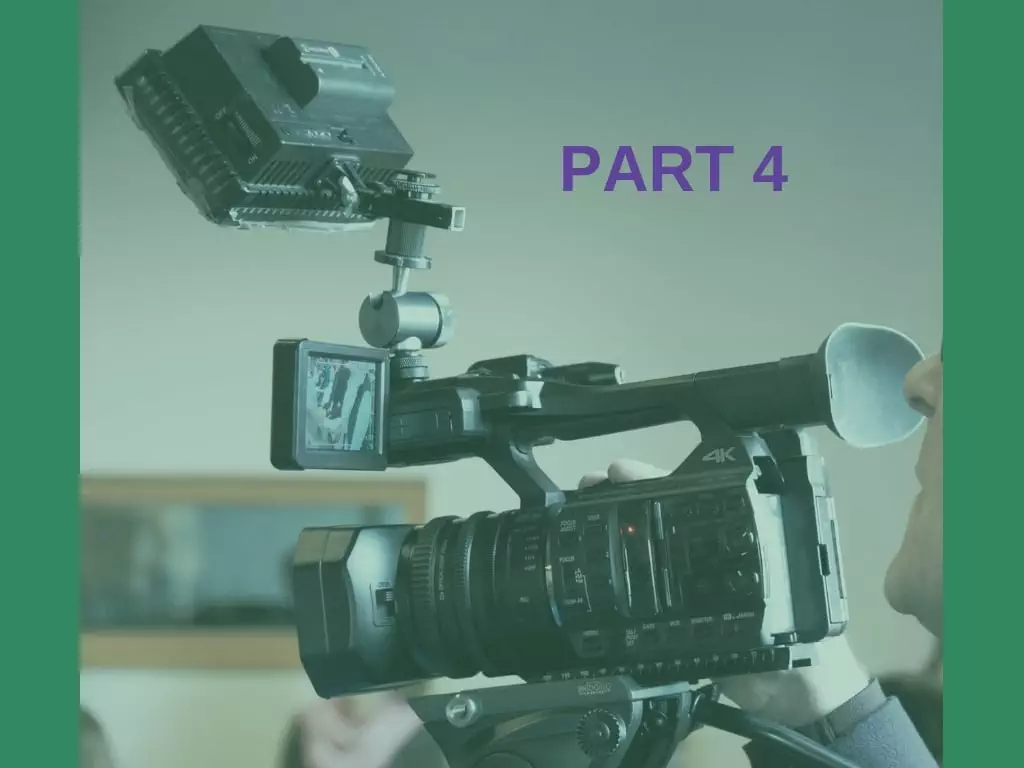

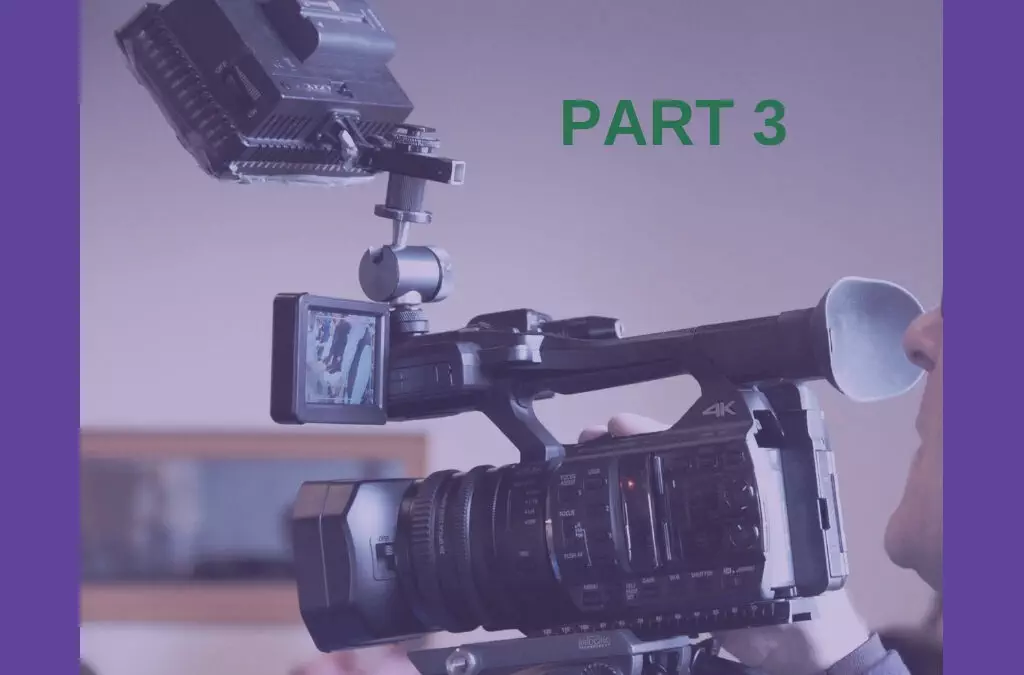
Voices from Prague – part 3
Meeting of “Friends of Together for Europe” at Prague – Short interviews with some of the participants – part 3
“To take out whatever separates us” – Dimitrios Kontoudis, Orthodox Christian Apostolic Fellowship Metamorphosis, Greece
“Be part of where Europe is going” – Lionel Kubwimana, Focolare Movement, France
“Positive Abhängigkeit”, Walter Kriechbaum, CVJM München, Deutschland
“Portare un volto del Vangelo” – Ilona Toth, Movimento dei Focolari, Ungheria/Italia
“Prier et sortir” – François Delooz, Communauté de Sant’Egidio, Belgique
“Seekers of truth” – Jeff Fountain, Schuman Centre for European Studies/YWAM, Holland
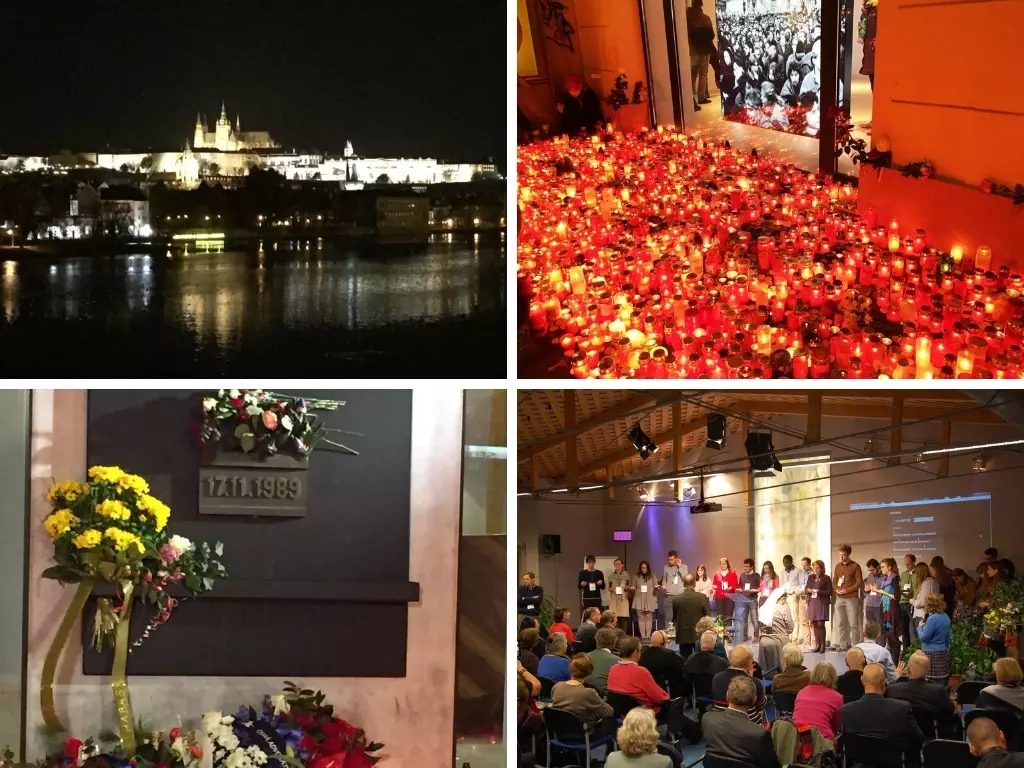
Fantastic!
The frost over Prague this evening seemed to melt as thousands upon thousands of candles were lit by passers-by on the streets that witnessed the “Velvet Revolution” of 17 November 1989.
And whilst people were celebrating, listening to music in the squares or admiring the evening lights of this beautiful city from Charles Bridge, young people and adults, parents with children and babies in their arms, pause to reflect so as not to forget.
For us too, a small group who stayed on in Prague after the meeting of Together for Europe friends, we were completely absorbed by the atmosphere; and sharing impressions of what we had lived during these days heightened our joy.
170 people were on their way to various destinations taking with them an unforgettable experience: “if we understand who Jesus is, we will understand the truth”; “I have understood the difference between the individual and the person: the individual always leads to individualism, the person leads to communion”; “we are citizens! We need to put fraternity into society!”; “Among the many languages I learnt the language of hearts for unity”; “You, the adults are role models for us young people!”
These impressions still resonate in our minds as does this one from the last day: “Together for Europe is a vocation.” To be faithful to it, we need to keep our eyes fixed on the goals we wish to reach whilst being immersed in the reality we are living. What are these goals?
That of being aware that our Churches, each Movement and Community, have already formed a multicultural network between themselves that goes beyond the borders of Europe, languages and barriers. We are the prelude for a European people.
Each Movement or Community is an expression of the Gospel, from which its specific charism emerges as a response to a particular challenge of our times.
Together we are a European laboratory of unity in reconciled diversity, with mutual love at the basis of our actions and Jesus in our midst. In this individualistic society, where the culture of ‘disconnection’ reigns, we look to Him who on the cross united Heaven and earth, and we work for a culture of ‘together for’.
Convinced that we are children of the one Father, we are open to every person, so as to live and be an expression of universal fraternity.
For the common good of our cities, countries and continents, Together for Europe is working with politicians and people of culture to make one Europe a reality: “House of nations and Family of peoples.”
It is said that the lay people in Churches are a “sleeping giant”. “Taking responsibility is the answer” – to quote Václav Havel. By taking responsibility for the society around us, we can become the answer with our lives!
In greeting us, someone reminded us of the famous Letter to Diognetus, in which he declares that Christians represent the leaven of the world. “I thought: that’s just how it is! In a small way Together for Europe has already restored the soul of Europe. The ‘starter culture’ – to use a culinary term – is ready and is informing society bringing hope that something new and good will be created! Fantastic!”
He was right. It really is fantastic!
Ilona Toth
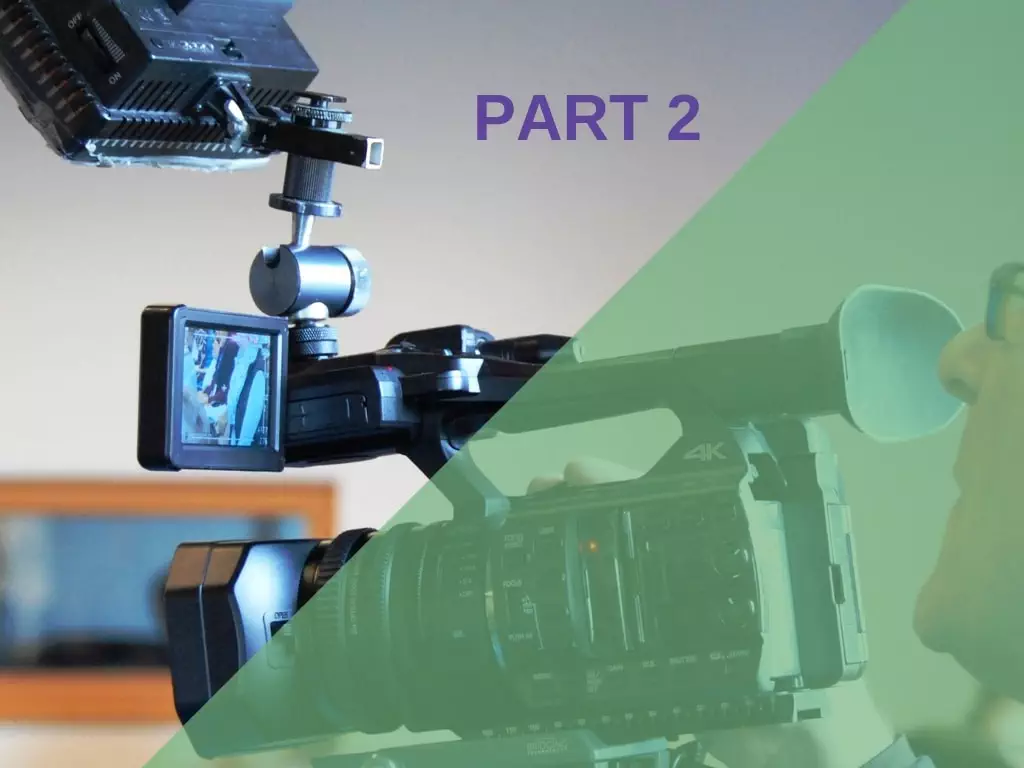
Voices from Prague – part 2
Meeting of “Friends of Together for Europe” at Prague – Short interviews with some of the participants – part 2
“Identity is something what we desperately need!” Pavel Fischer, Senator in the Czech Parliament
“Abbiamo un grande fondamento che ci lega.” Matthias Leineweber, Comunità di Sant’Egidio, Germania
“Pour leur communiquer la beauté”. François Delooz, Communauté de Sant’Egidio, Belgique
“I realised the strength of the Movements.” Pavel Černý, Pastor, Czech Republic
“Europa ist sehr bewegt”. Valerian Grupp, CVJM Esslingen, Deutschland
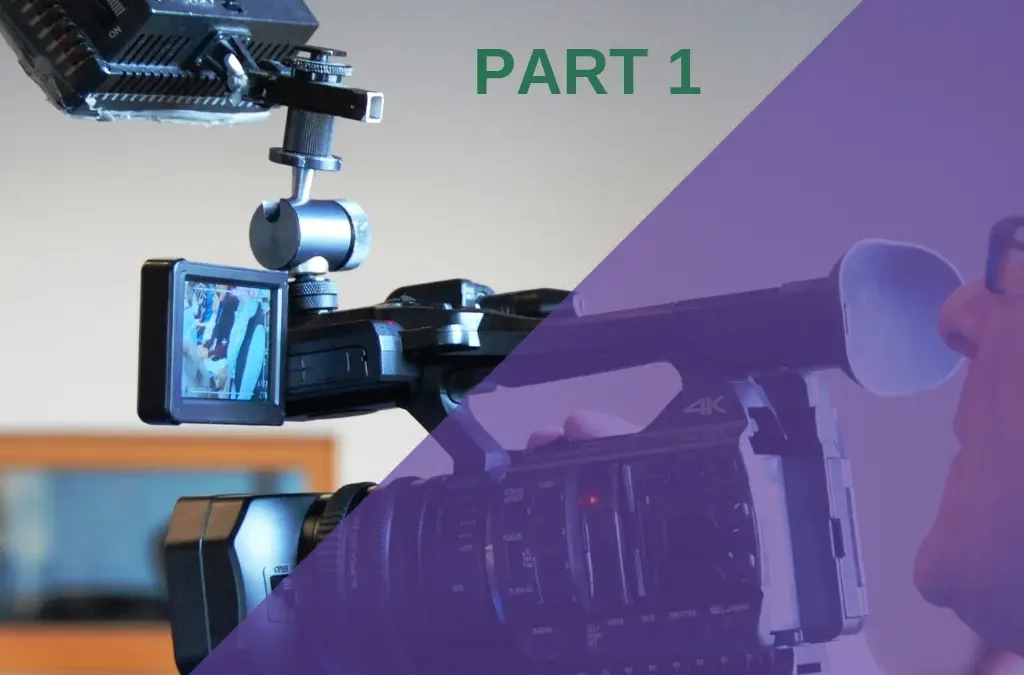
Voices from Prague – part 1
Meeting of “Friends of Together for Europe” at Prague – Short interviews with some of the participants – part 1
“Going against the mainstream.” Annamária Fejes, Focolare Movement, France
“Non sediamoci sul divano!” František Talíř, Movimento dei Focolari, Cechia.
“Ricerca della verità come antidoto alla paura.” Georges El Hage, SYNDESMOS, Francia
“Ein Geschenk des Heiligen Geistes”. Sr.M.Lioba Ruprecht, Schönstätter Marienschwestern, Deutschland
“Traverser nos peurs”. Gérard Testard, Efesia, France

3° Day TfE at Prague
Last day of congress for the one hundred and seventy participants from 21 European countries and 53 different Movements and Communities. The atmosphere of the meeting was marked by the presence of a surprisingly large number of young people.
As one young woman remarked, “we wish to write a different melody in these times of pluralisation and waning religious enthusiasm. We are enthusiastic and feel the responsibility to do our part to build a united Europe in politics and society.”
The various presentations and opportunities for dialogue had enabled the participants to take a closer look at the question of faith and the different Churches in the Czech Republic today.>
“We can learn so much from one another and be a gift for one another”, said one young man from Ravensburg. ” For three days Prague 2018 became the ‘international capital in the heart of Europe’ “, said one of the participants and “’togetherness’ has once again become a matter of the heart for me and many others.”
Looking ahead
On 9 May 2019 Europe Day will be celebrated as “Together for Europe” Day. To prepare for the day, the iniative will be supported by a European-wide chain of prayer. It will begin on 25.3.2019, the day on which the United Kingdom is expected to leave the European Union. “From Brexit to Europe Day: which also symbolises the road we are travelling together”, is the final comment of one of the participants.
The next meeting of Friends will take place from 7.-9.11.2019 in Ottmaring/Augsburg, where the story of Together for Europe began 20 years ago. It will be a retrospective on the history of the people with God and a perspective on a highly promising future.
Beatriz Lauenroth




























